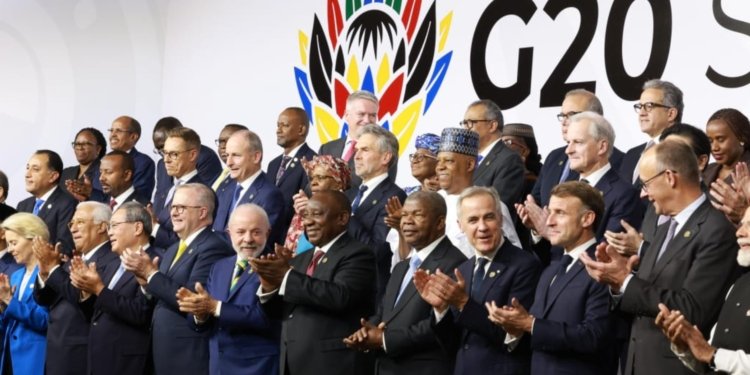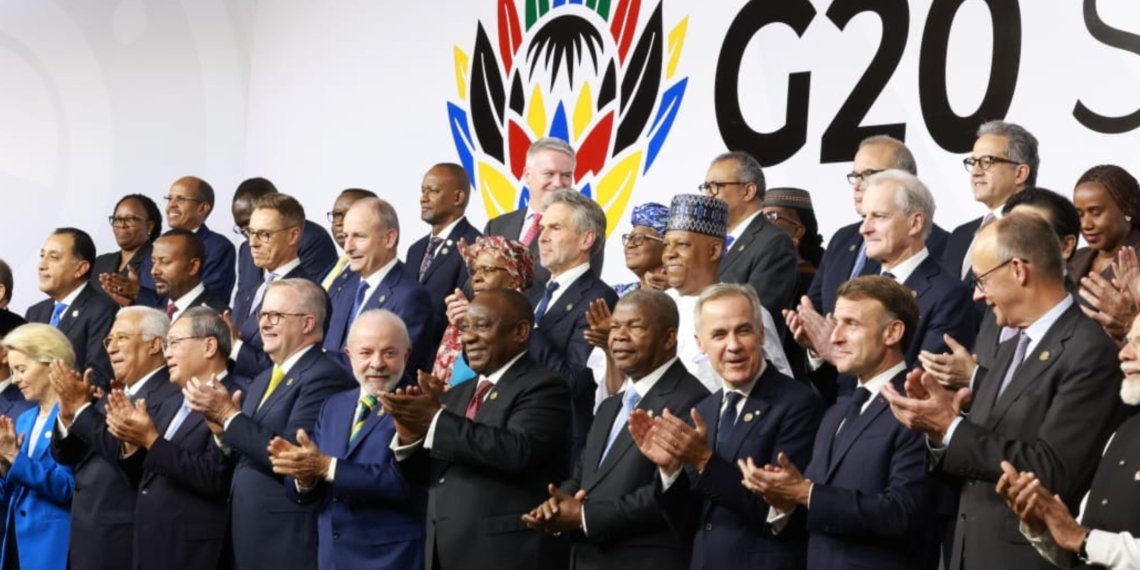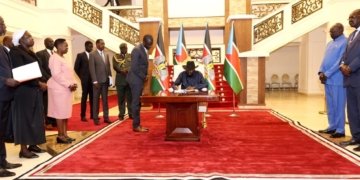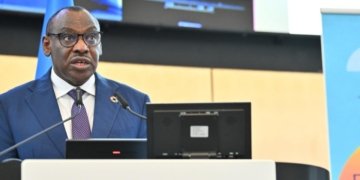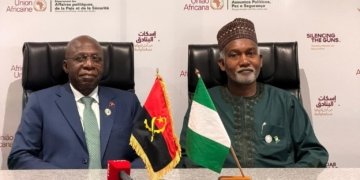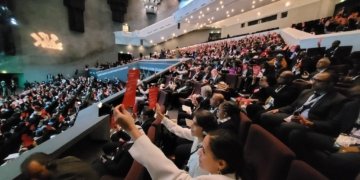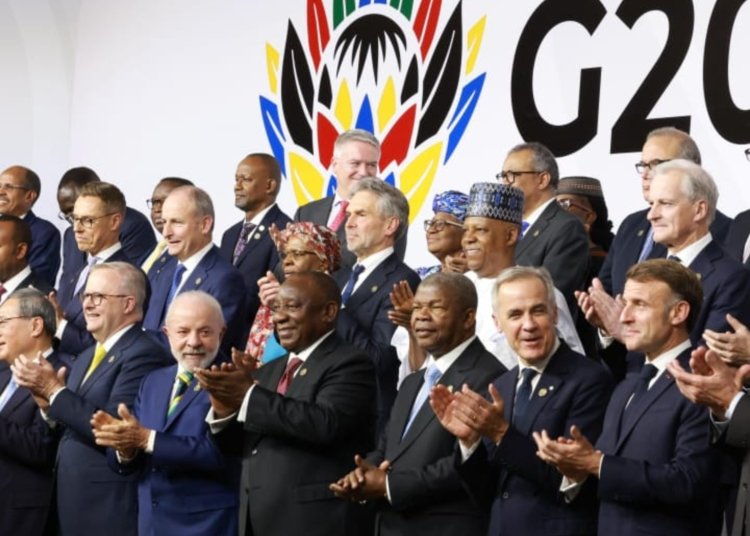The G20 Leaders met Saturday for the first time on African soil under South Africa’s presidency, marking a historic milestone in global diplomacy.
The summit, themed “Solidarity, Equality, Sustainability,” saw leaders adopt the G20 Leaders’ Declaration, reaffirming commitments to multilateral cooperation, sustainable development and inclusive growth.
President Cyril Ramaphosa opened the summit by emphasizing solidarity, equality and sustainability as foundations for a more inclusive global future.
“Through solidarity, we can create an inclusive future that advances the interests of people around the world who are at the greatest risk of being left behind,” he said.
“By promoting equality, we strive to ensure fair treatment and equal opportunities for all individuals and nations.”
He added that sustainability means meeting today’s needs without compromising future generations.
Ubuntu
The declaration drew inspiration from Ubuntu, the African philosophy meaning “I am because we are,” and emphasized global interconnectedness.
Leaders pledged collective action to address geopolitical instability, inequality and climate change, and condemned terrorism, wars and attacks on civilians.
Disaster resilience was a major focus, with leaders calling for people-centered approaches to risk reduction.
They urged stronger international cooperation to boost disaster preparedness, recovery and resilience, especially in vulnerable nations such as Small Island Developing States and Least Developed Countries.
Leaders also addressed debt sustainability for low-income countries, supporting enhanced debt transparency, coordinated treatments and debt-for-development swaps.
The declaration backed efforts to triple global renewable energy capacity and improve energy efficiency by 2030. The Mission 300 platform was launched to connect 300 million Africans to electricity by 2030, alongside support for clean cooking and sustainable industrialization.
The summit also addressed food security, artificial intelligence and gender equality. Leaders vowed to reduce hunger, support smallholder farmers and expand Africa’s agricultural potential.
The AI for Africa Initiative was launched to build Africa-centered AI capabilities. Gender commitments included ending violence against women and promoting women-led development.
Leaders pledged to strengthen multilateralism, reform global governance and elevate Africa’s voice in international forums.
